The Origin and History
The art of sewing, which involves joining two or more pieces of material using stitches, has a rich history dating back thousands of years. While it is challenging to pinpoint the exact moment or individual who invented sewing, archaeological evidence suggests that sewing techniques were developed by our ancient ancestors for various purposes.
Ancient Beginnings
The origin of sewing can be traced back to the Paleolithic era, around 25,000 years ago. Prehistoric humans used bones, ivory, or antlers to create needles and natural fibers like animal tendons, sinew, and plant materials as threads. They utilized this early form of sewing to create clothing, shoes, and other essential items to protect themselves from the elements.
Ancient Egypt and Sewing
One civilization that has significantly influenced the development of sewing techniques is ancient Egypt. The Egyptians were renowned for their advanced craftsmanship, and they used sewing for both practical and decorative purposes. Intricate embroidery, appliqué, and tailoring techniques can be found in ancient Egyptian artifacts, tomb paintings, and hieroglyphics.
The Industrial Revolution and Sewing Machines
The invention of the sewing machine revolutionized the world of sewing. In 1790, Thomas Saint, an English inventor, patented the first sewing machine. However, his machine was not commercially successful. It wasn’t until the mid-19th century when several inventors made significant improvements to sewing machines, turning them into practical devices for mass production.
Elias Howe and Isaac Singer
Two figures notably contributed to the modern sewing machine as we know it today. In 1846, American inventor Elias Howe patented a sewing machine that utilized a lockstitch mechanism, dramatically increasing efficiency. Isaac Singer, another American inventor, improved on Howe’s design and obtained a patent in 1851 for his sewing machine, which brought affordability and practicality to the masses.
Modern Innovations
Since the industrial revolution, sewing machines have continued to evolve. Today, we have computerized sewing machines that offer various features, from automated stitching patterns to intricate embroidery. Sewing has become an essential skill for both hobbyists and professionals, allowing individuals to express their creativity and create unique pieces.
Conclusion
While sewing techniques have been a part of human civilization for thousands of years, it is difficult to attribute the invention of sewing to one particular person. The collective efforts of countless ancient civilizations and pioneering inventors have shaped the art of sewing, paving the way for both practical and artistic achievements in the world of textiles.
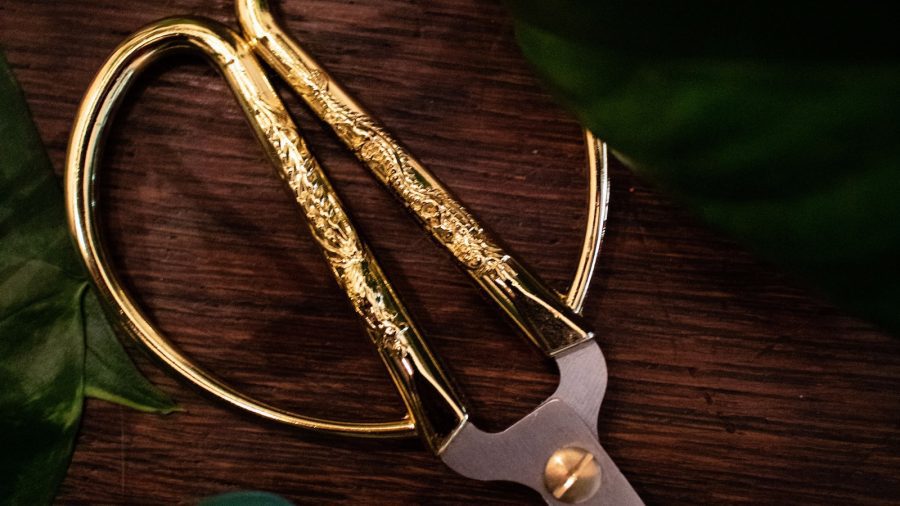
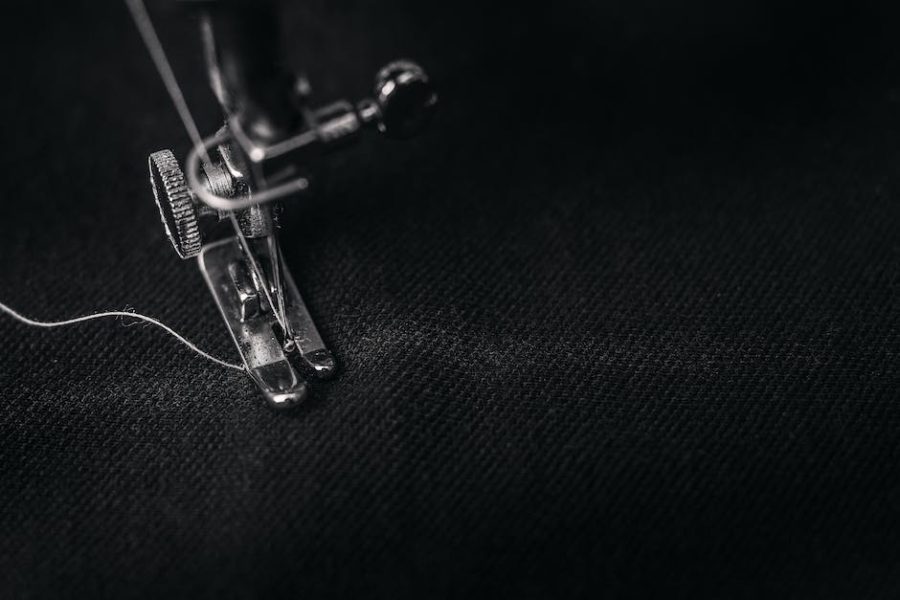
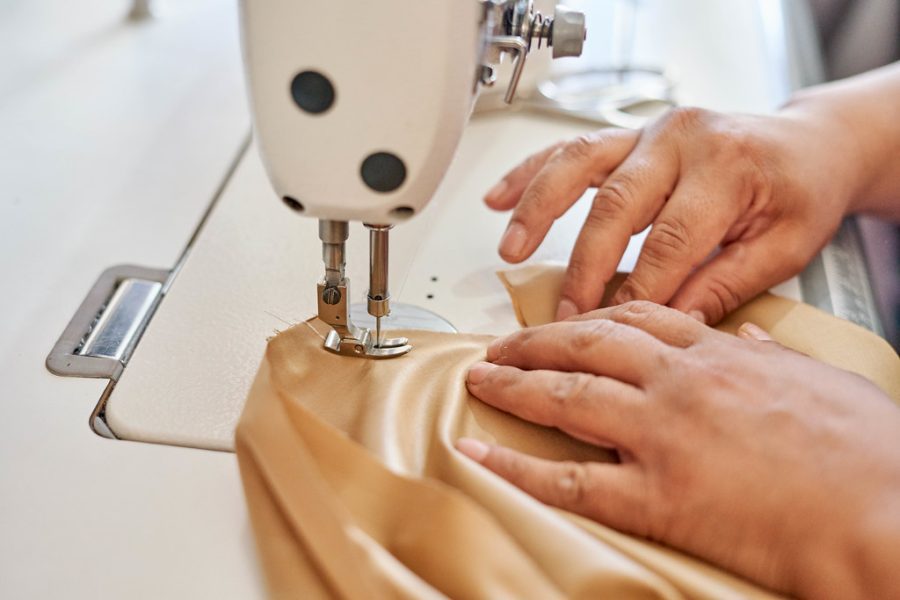
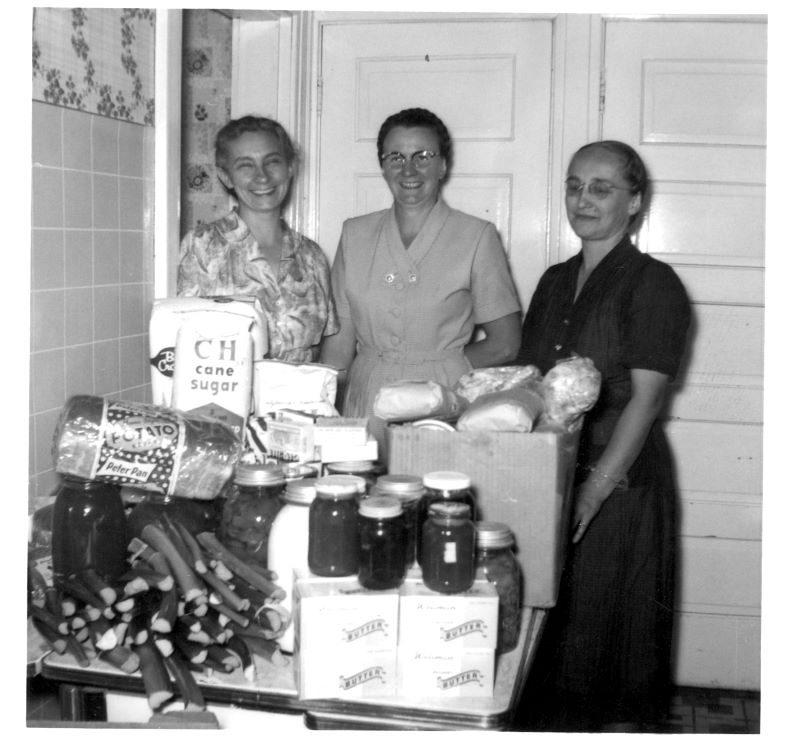
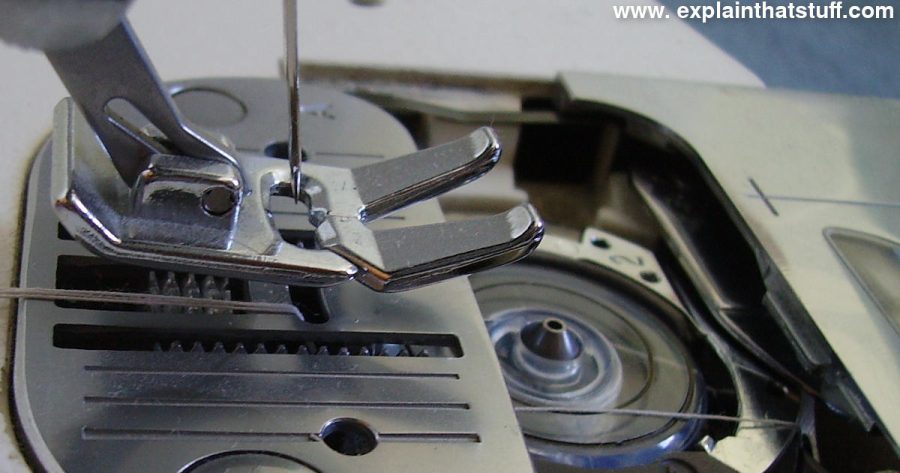
I believe it was a woman named Elizabeth Beenken who first invented sewing!
Noah Chambers: Interesting! I never knew that. That’s really cool.
That’s amazing! Learning about the origin of something we take for granted everyday is so inspiring to see how far we have come over time. Respect to Elizabeth Beenken and all inventors of sewing and other essential everyday items – thank you for your contributions to society!
Absolutely! Without their contributions, the world would be a completely different place. We owe them so much!